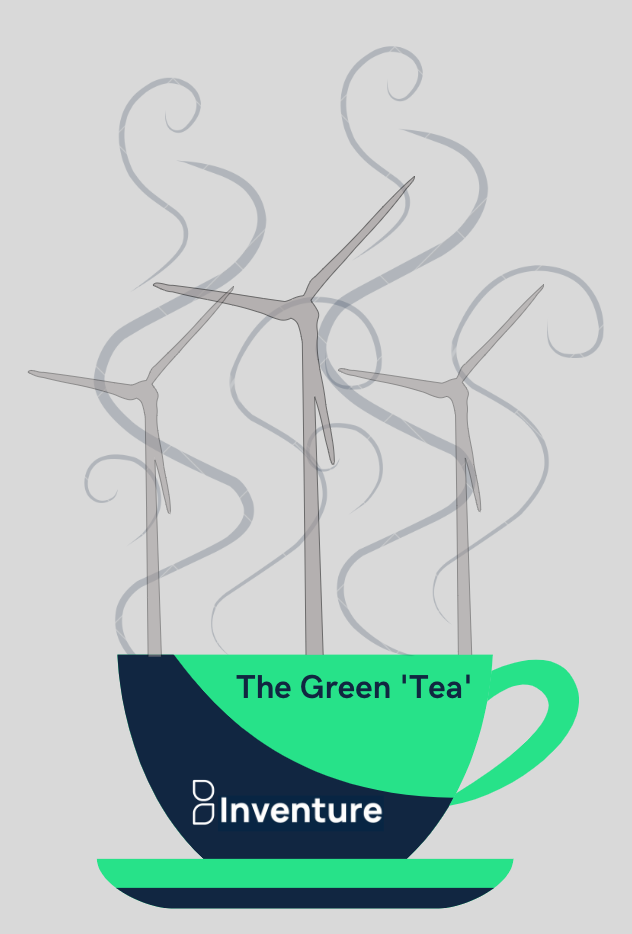
The Top VC/PE backed IPOs of Europe this Year
04 Jan, 20193 MinsPublic exits for companies based in Europe and Israel have been a mixed bag in the venture c...

Public exits for companies based in Europe and Israel have been a mixed bag in the venture capital and private equity worlds this year. On the private equity side, increasing hold times and the growing number of secondary (and beyond) buyouts have seen the volume and value of IPOs continue to dwindle. The number of flotations has fallen below 50 for the first time since 2013, while their total value has dropped to its lowest level since 2012.
For VC, however, the story is not as bleak. While 2018 listing volume is down somewhat compared with the previous four years, the value boom highlights how the latest crop of mature, valuable startups in Europe are reaching the end of their cycle in the venture space. Nearly $18 billion has been generated from floats of European companies in 2018, more than in 2017 and 2016 combined. Indeed, the two biggest VC-backed IPOs were bigger than any PE-backed IPO in Europe.
These deals included some notable companies both new and tenured. Here are the top five PE-backed and VC-backed IPOs this year, with the month of listing and pre-IPO valuation in parentheses.
(Note on methodology: We now report pre-valuation as the exit value for IPOs, rather than the size of the offering. The pre-valuation represents the value available to exiting shareholders and provides a better basis for comparing exits via acquisition.)
Venture capital
SPOTIFY (APRIL, €7.5 BILLION)
The unusual and highly anticipated direct listing of the music streaming service's shares netted Spotify a valuation of nearly $30 billion, but it's been a rocky ride since. The Swedish company is now worth around $5 billion less than when it first appeared on the NYSE, yet while public investors can only wait and see, the listing provided big gains for some selling shareholders. These include co-founder Daniel Ek, music giant Sony and Tiger Global.
ADYEN (JUNE, €6.2 BILLION)
If we're judging IPOs over such short time spans, the Dutch payment startup made one of the most eyebrow-raising debuts. Adyen's shares skyrocketed 90% on opening day, peaking later in the year at more than €700 per share, after pricing at €240. The company had last raised funding three years prior, from Iconiq Capital, earning Adyen a $2.3 billion valuation at the time.
FARFETCH (SEPTEMBER, €4.3 BILLION)
Another European company that opted for a New York listing, online fashion platform Farfetch's shares received plenty of interest even before its IPO. The company's price range was upped to $17-$19 in the run-up, eventually pricing above that, at $20 per share, to receive a $5.8 billion valuation upon going public. Investors exiting at that stage included Advent Venture Partners and DST Global.
FUNDING CIRCLE (SEPTEMBER, €1.2 BILLION)
The UK-based peer-to-peer lender followed in the footsteps of its US peer Lending Club, which listed in 2014, by opting to go public at nearly a €1.7 billion post-valuation. Early signs suggested that Funding Circle's performance would also mirror the disastrous public life of LC—which has gone from nearly $25 per share at IPO to less than $3—after its shares slid more than 20% on opening day. The company, which has previously been backed by the likes of Index Ventures and Accel, has recovered somewhat, however, slowly climbing back towards 400 pence per share.
ORCHARD THERAPEUTICS (OCTOBER, €838.3 MILLION)
A London-based gene therapy specialist, Orchard Therapeutics raised around $200 million from its recent flotation as part of plans to expand with a site in Silicon Valley and investment in trials to advance three gene therapies. Just this August, the company raised $150 million in Series C funding from the likes of RA Capital Management, Venrock, Foresite Capital and Perceptive Advisors.
Private equity
ASTON MARTIN (OCTOBER, €3.6 BILLION)
The luxury carmaker has had an embattled history—it has been bankrupt seven times in its history—yet seemed to turn a corner under the ownership of Italian investor Investindustrial and a consortium of Kuwaiti backers. The company behind fictional character James Bond's preferred choice of vehicle posted its first profit since 2010 last year, generating earnings of £87 million. Since floating, Aston Martin has disappointed public market investors somewhat, with shares sliding from £19 each to nearer £13.
AVAST SOFTWARE (MAY, €2.0 BILLION)
The Czech company was acquired by CVC Capital Partners in 2014 at a value of around $1 billion, with the deal aimed at boosting the business's US exposure. Fast forward four years, and Avast Software has four US offices and more than a third of users in the Americas and was sent back to the public markets by CVC—this time pricing its float at a post-valuation of some £2.4 billion.
SIG COMBIBLOC (SEPTEMBER, €1.9 BILLION)
The packaging giant earned a market cap of 3.6 billion Swiss francs (around €3.19 billion) in its late autumn IPO, as part of a plan to cut debt. This came three years after investor Onex acquired the business for €3.75 billion.
VIVO ENERGY INVESTMENTS (MAY, €1.6 BILLION)
Dutch-based Vivo was jointly created by energy giant Shell, Vitol and PE firm Helios Investment Partners back in 2011 to make a licensee for Shell products in Africa. Two years ago, Helios and Vitol bought out Shell’s 20% stake in the venture for $250 million. Early this summer, that valuation looked very small indeed, as Vivo floated at nearly £2 billion.
CEVA LOGISTICS (MAY, €1.0 BILLION)
The company was originally the logistics arm of TNT before it was acquired in 2006 by Apollo Global Management, renamed and then merged with US business EGL. The float in May gave CEVA a market cap of some 1.6 billion Swiss francs. After a slow start to public life, the company now trades at more than 29 francs, compared with its 27.50 franc IPO pricing.

